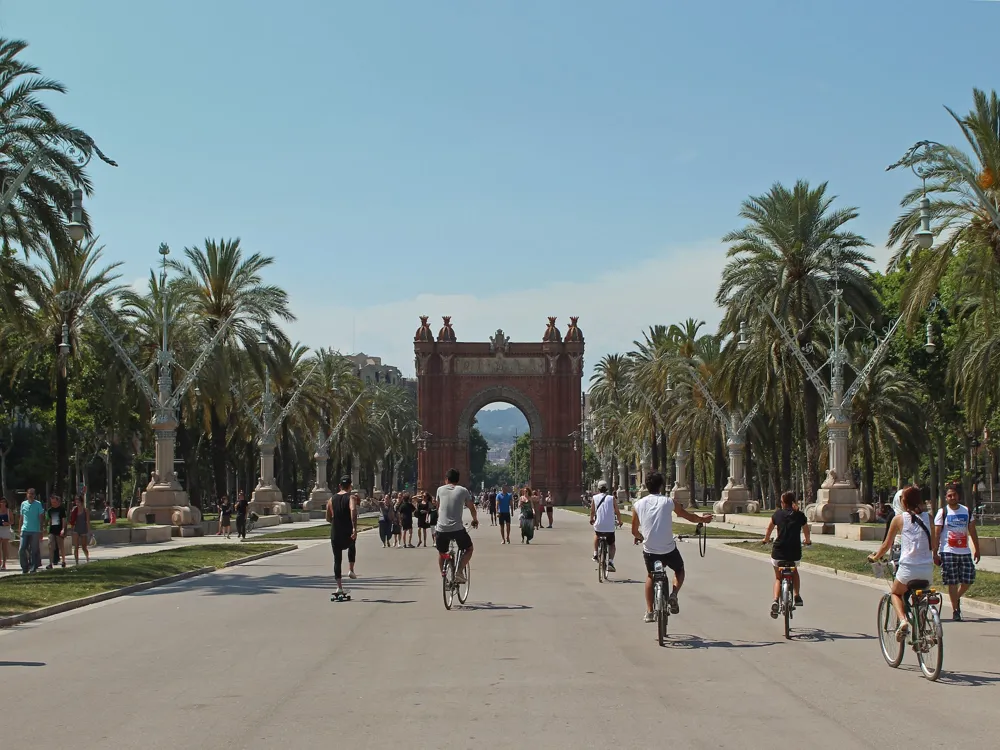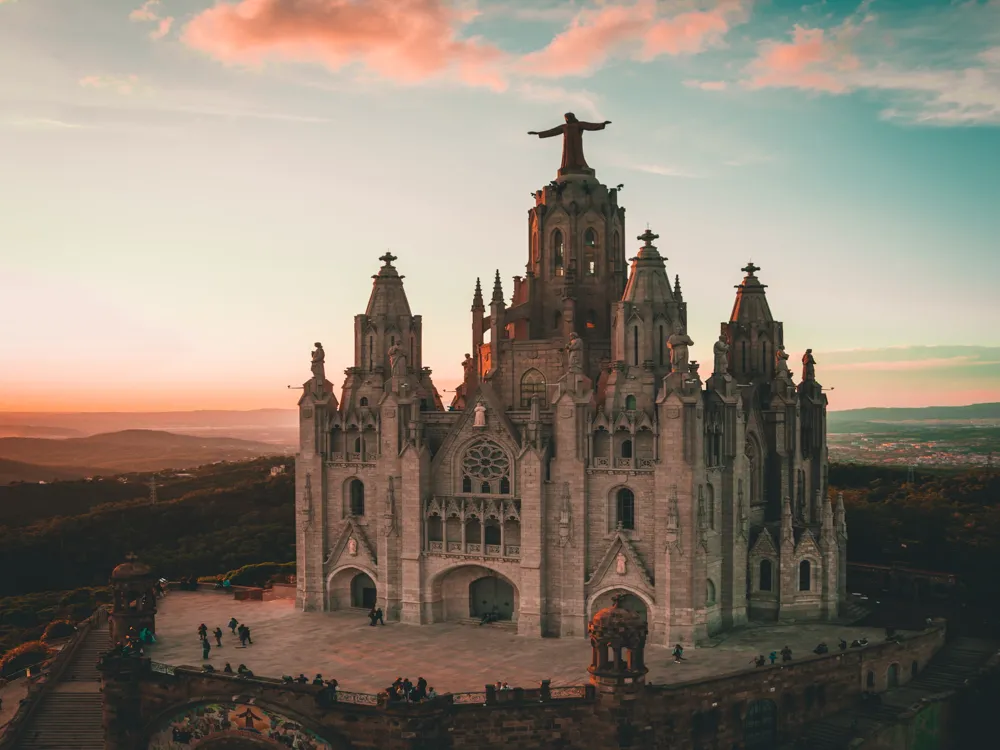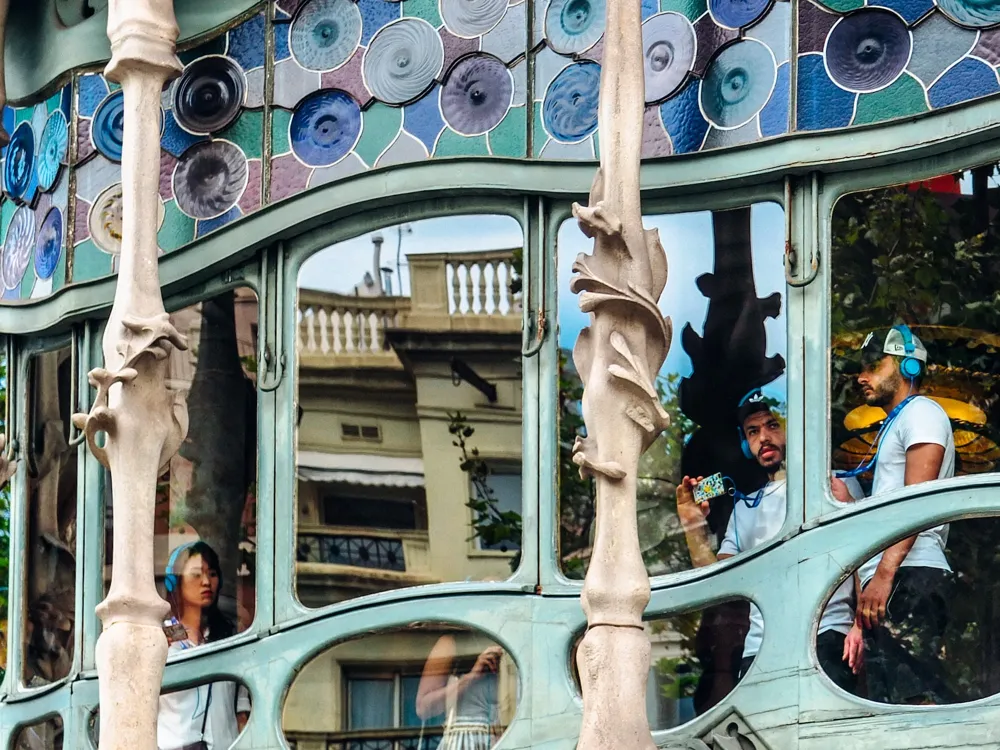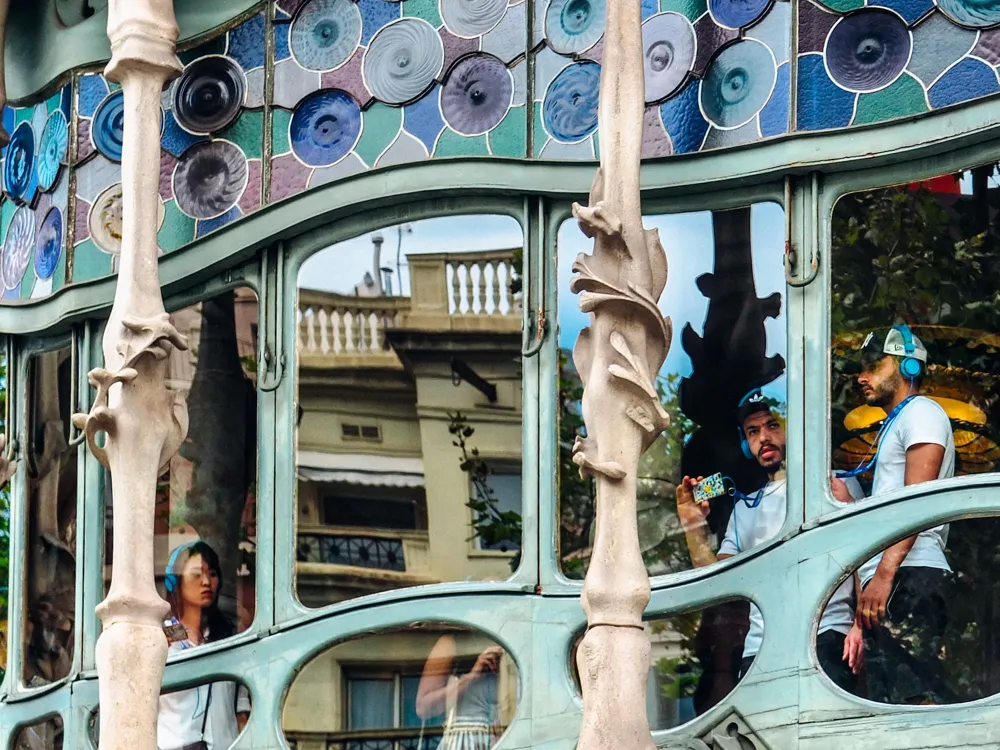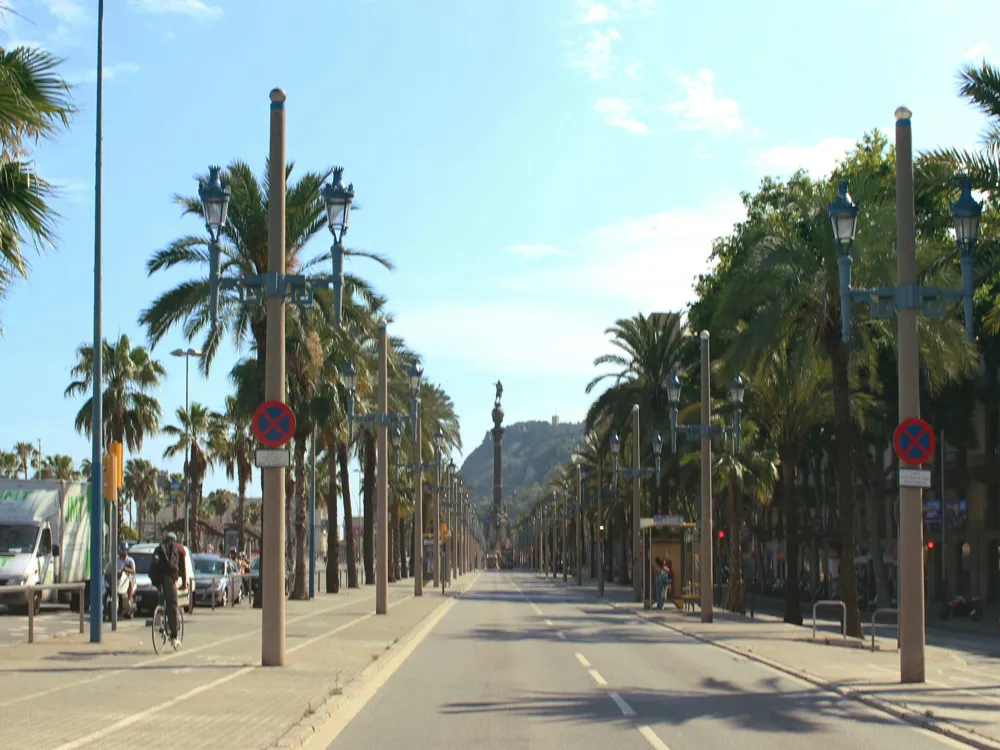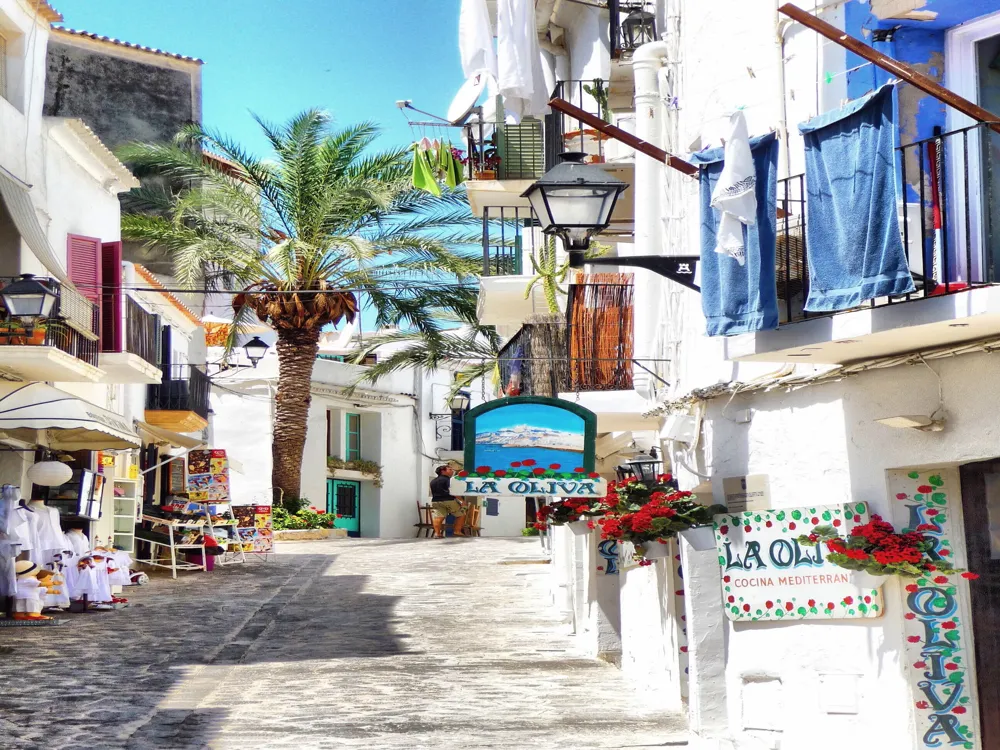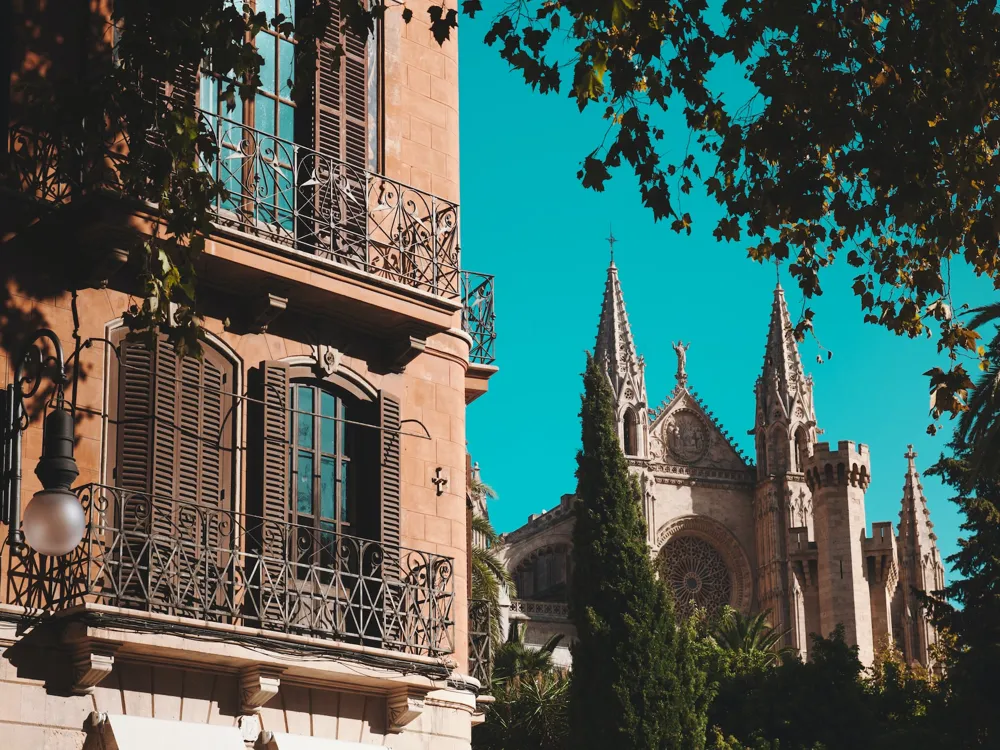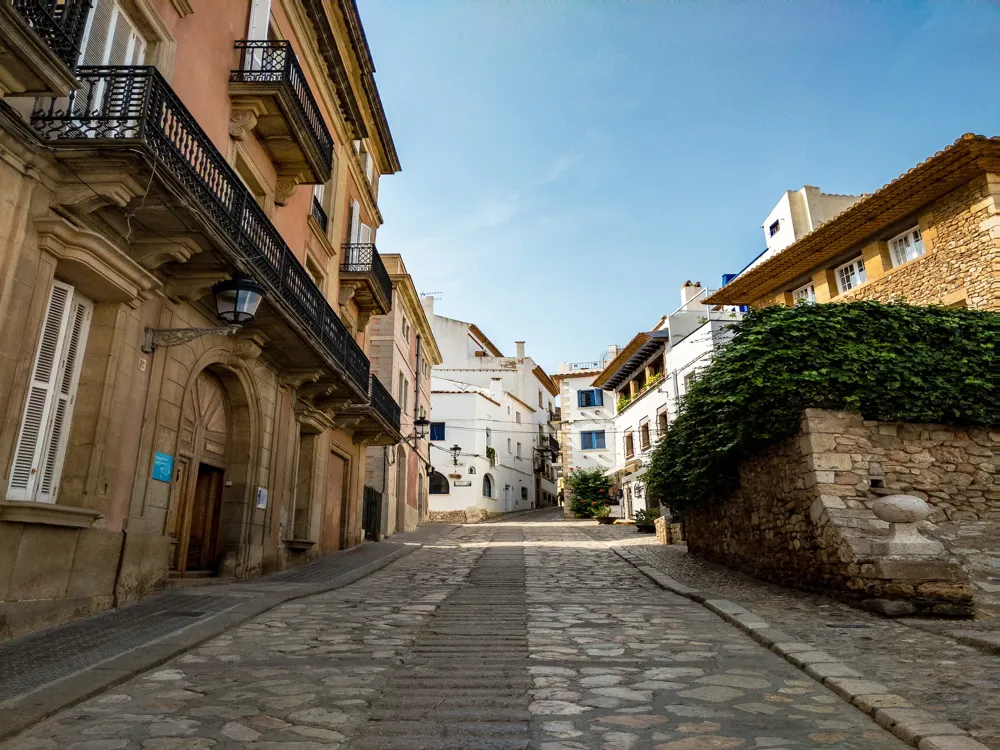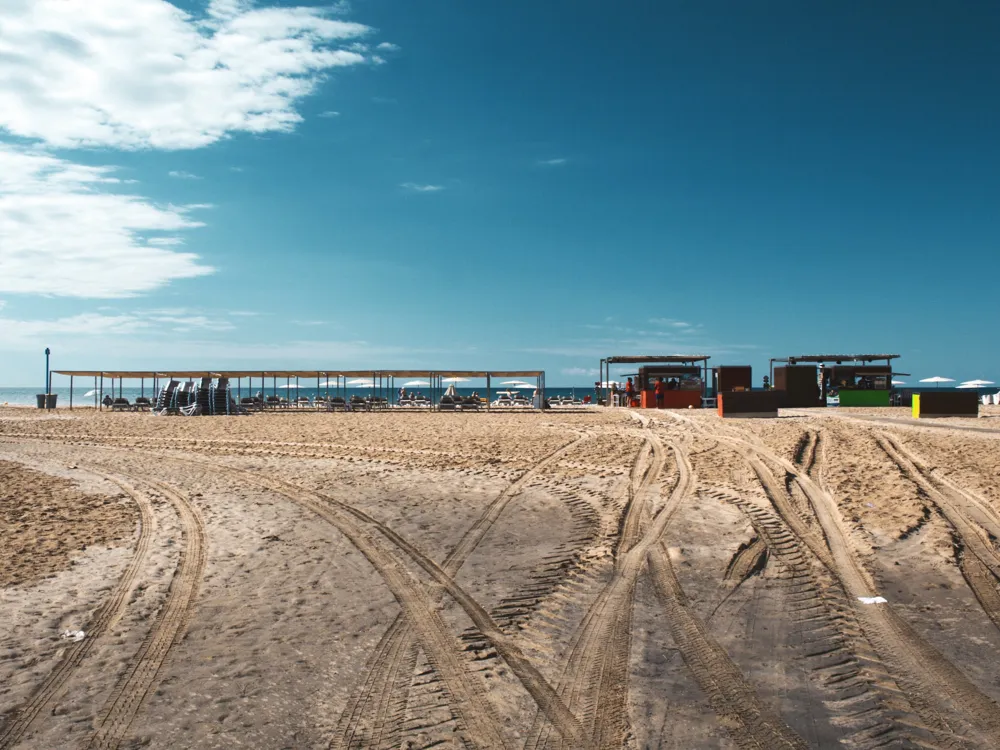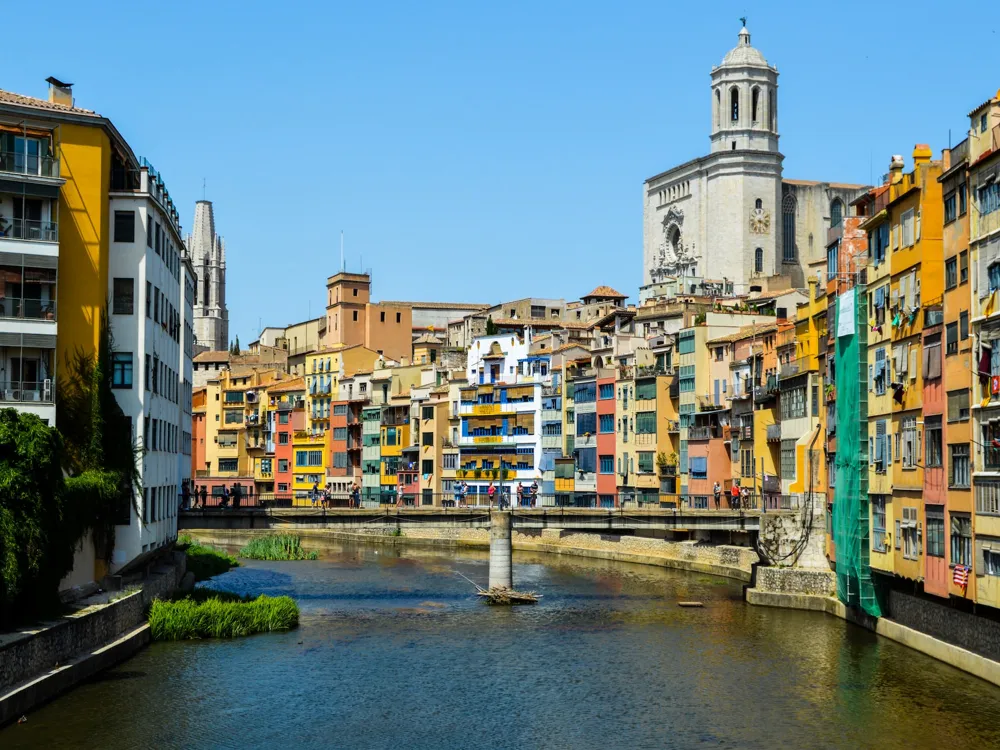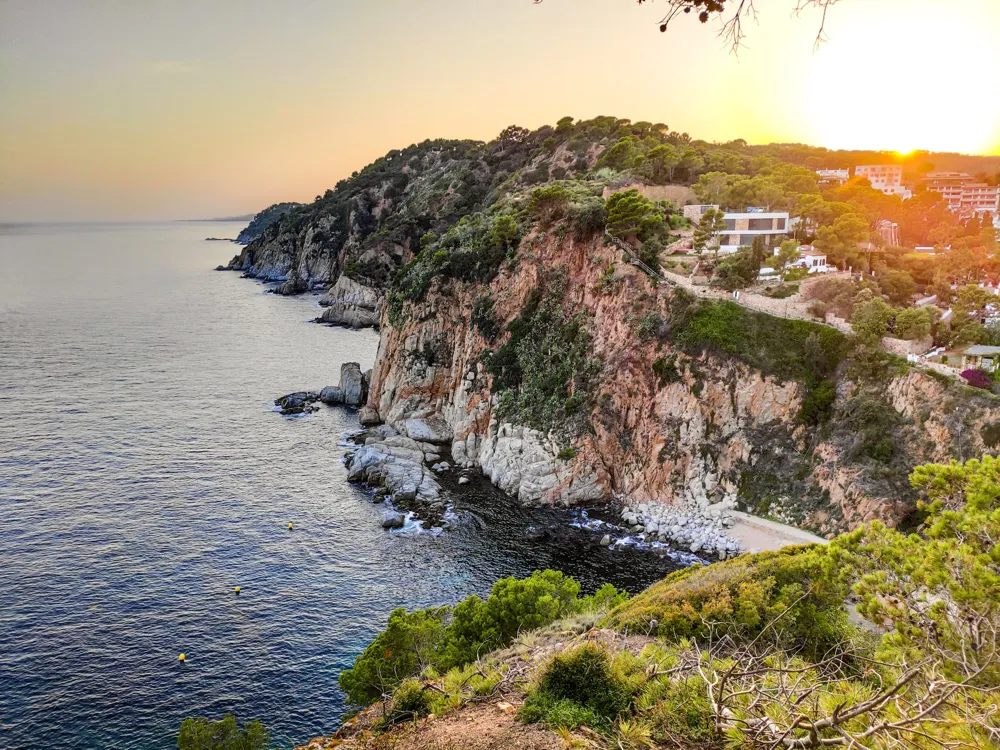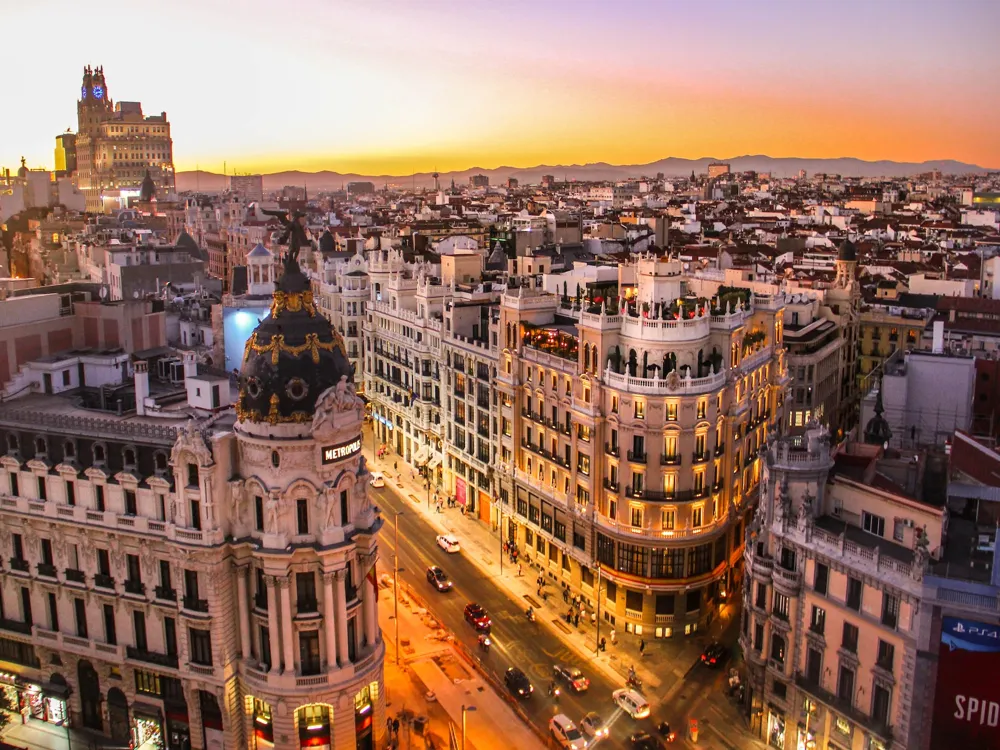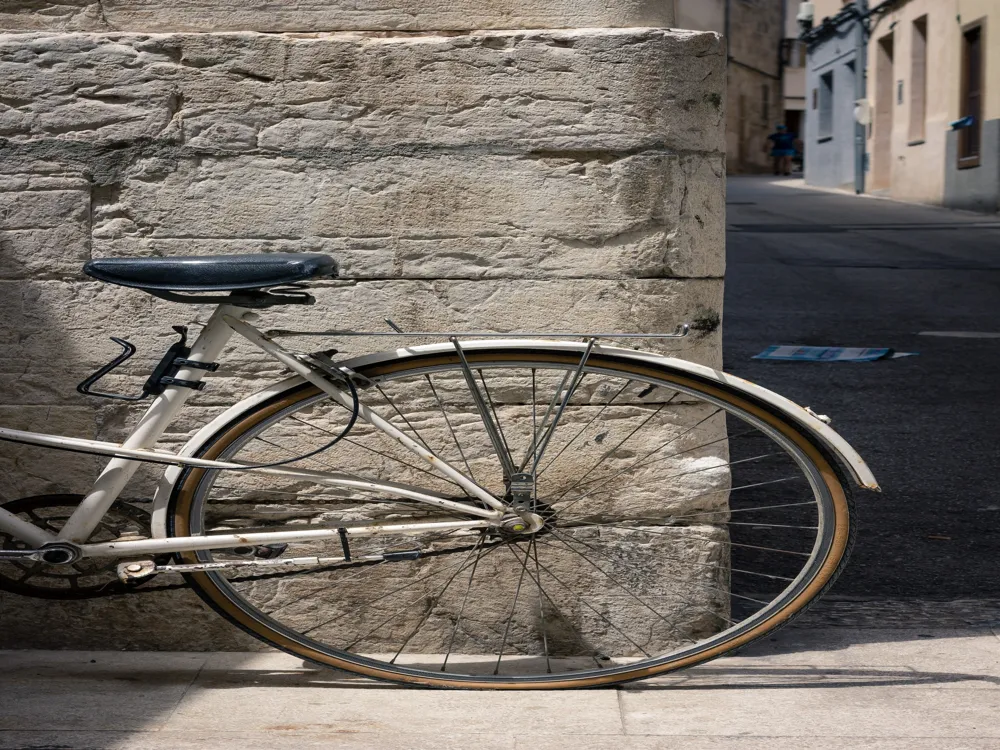Las Ramblas, a bustling boulevard in the heart of Barcelona, is not just a road, but a vibrant artery pulsating with life and culture. Stretching for about 1.2 kilometers, it connects Plaça de Catalunya with the Christopher Columbus Monument at Port Vell. This iconic street is a mosaic of Barcelona's soul, encapsulating its spirit and zest. As you stroll down Las Ramblas, the first thing you'll notice is the rhythm of the city. Street performers, artists, and local vendors create a symphony of sights and sounds that capture the essence of Barcelona's vivacious character. The boulevard is flanked by a variety of shops, cafes, and restaurants, each offering a unique taste of Catalan culture and cuisine. Historically, Las Ramblas was a dry riverbed that served as a natural boundary between the old city and El Raval. Over time, it evolved into a social hub, a meeting place for both locals and tourists. Its evolution is a testament to Barcelona's dynamic history and its ability to blend tradition with modernity. The diversity of attractions along Las Ramblas is remarkable. From the famous La Boqueria Market, a paradise for food lovers, to the Gran Teatre del Liceu, a prestigious opera house, there is something for everyone. The street also hosts several notable buildings and plazas, each with its own story and charm. Moreover, Las Ramblas is a celebration of artistic expression. The mosaic of Joan Miró, embedded in its walkway, is not just a piece of art, but a symbol of the city's artistic heritage. The street's ambiance is perpetually alive with the spirit of creativity and innovation. In conclusion, Las Ramblas is more than a street in Barcelona; it's a cultural phenomenon. Its ability to captivate and charm is unparalleled, making it a must-visit destination for anyone wanting to experience the true essence of Barcelona. The architecture of Las Ramblas is as diverse as its history. The boulevard is a living museum, showcasing a range of architectural styles from different eras. As you wander through Las Ramblas, you will encounter a blend of Gothic, Modernist, and Contemporary architecture, each contributing to the unique aesthetic of the street. Gothic influences are evident in some of the older buildings and side streets that lead to the Gothic Quarter. These medieval structures, with their intricate stonework and pointed arches, evoke a sense of history and timelessness. In contrast, the Modernist buildings, inspired by the likes of Antoni Gaudí, add a touch of whimsy and creativity to the boulevard. Their undulating forms, colorful mosaics, and ornate facades are a feast for the eyes. Contemporary architecture on Las Ramblas reflects Barcelona's progressive spirit. Sleek, modern structures stand alongside the older buildings, creating a dialogue between the past and the present. This juxtaposition highlights Barcelona's ability to honor its history while embracing the future. The Gran Teatre del Liceu is a prime example of the architectural diversity on Las Ramblas. Originally built in the 19th century, it has undergone several renovations, each adding a layer to its rich architectural tapestry. Its facade is an elegant representation of classical architecture, while the interiors blend traditional and modern elements. Another architectural highlight is the Palau de la Virreina, a Baroque palace that now serves as a cultural center. Its grand facade and opulent interiors are a testament to Barcelona's artistic and architectural heritage. Overall, the architecture of Las Ramblas is a visual narrative of Barcelona's history. Each building tells a story, contributing to the tapestry that makes Las Ramblas a unique and fascinating destination. While Las Ramblas is enchanting year-round, the best time to visit is during the spring or fall. These seasons offer pleasant weather and fewer crowds, allowing you to fully enjoy the street's offerings. Las Ramblas is generally safe, but like any popular tourist destination, it's wise to be cautious of pickpockets. Keep your belongings secure and be aware of your surroundings. Don't hesitate to explore the side streets branching off Las Ramblas. These hidden gems often house quaint shops, local eateries, and lesser-known attractions. Remember to respect local customs and traditions. This includes being mindful of noise levels and dressing appropriately when visiting religious sites. Take the opportunity to try local Catalan cuisine at the various restaurants and cafes along Las Ramblas. Dishes like paella and tapas are not to be missed. Reaching Las Ramblas is convenient, thanks to Barcelona's efficient public transportation system. The easiest way is by metro; the Liceu and Drassanes stations on the L3 line are located directly on Las Ramblas. Buses also run frequently to and from the area. For those preferring a scenic route, a leisurely walk or a bike ride through the city's charming streets will also lead you to this iconic boulevard. Additionally, taxis are readily available throughout Barcelona and offer a quick and easy way to get to Las Ramblas. If you're coming from the airport, the Aerobus service provides a direct link to Plaça de Catalunya, the northern entrance to Las Ramblas. No matter how you choose to get there, arriving at Las Ramblas is the start of an unforgettable journey through the heart of Barcelona.Overview of Las Ramblas in Barcelona
Architecture of Las Ramblas
Tips When Visiting Las Ramblas
Best Time to Visit
Safety Precautions
Exploring Side Streets
Respecting Local Culture
Trying Local Cuisine
How To Reach Las Ramblas
Las Ramblas
Barcelona
₹ 35,693 onwards
View barcelona Packages
Weather :
Label : Must Visit
Tags : Landmark
Timings : Anytime
Entry Fee : Free
Planning a Trip? Ask Your Question
Barcelona Travel Packages
View All Packages For Barcelona
Top Hotel Collections for Barcelona

Private Pool

Luxury Hotels

5-Star Hotels

Pet Friendly
Top Hotels Near Barcelona
Other Top Ranking Places In Barcelona
View All Places To Visit In barcelona
View barcelona Packages
Weather :
Label : Must Visit
Tags : Landmark
Timings : Anytime
Entry Fee : Free
Planning a Trip? Ask Your Question
Barcelona Travel Packages
View All Packages For Barcelona
Top Hotel Collections for Barcelona

Private Pool

Luxury Hotels

5-Star Hotels

Pet Friendly







